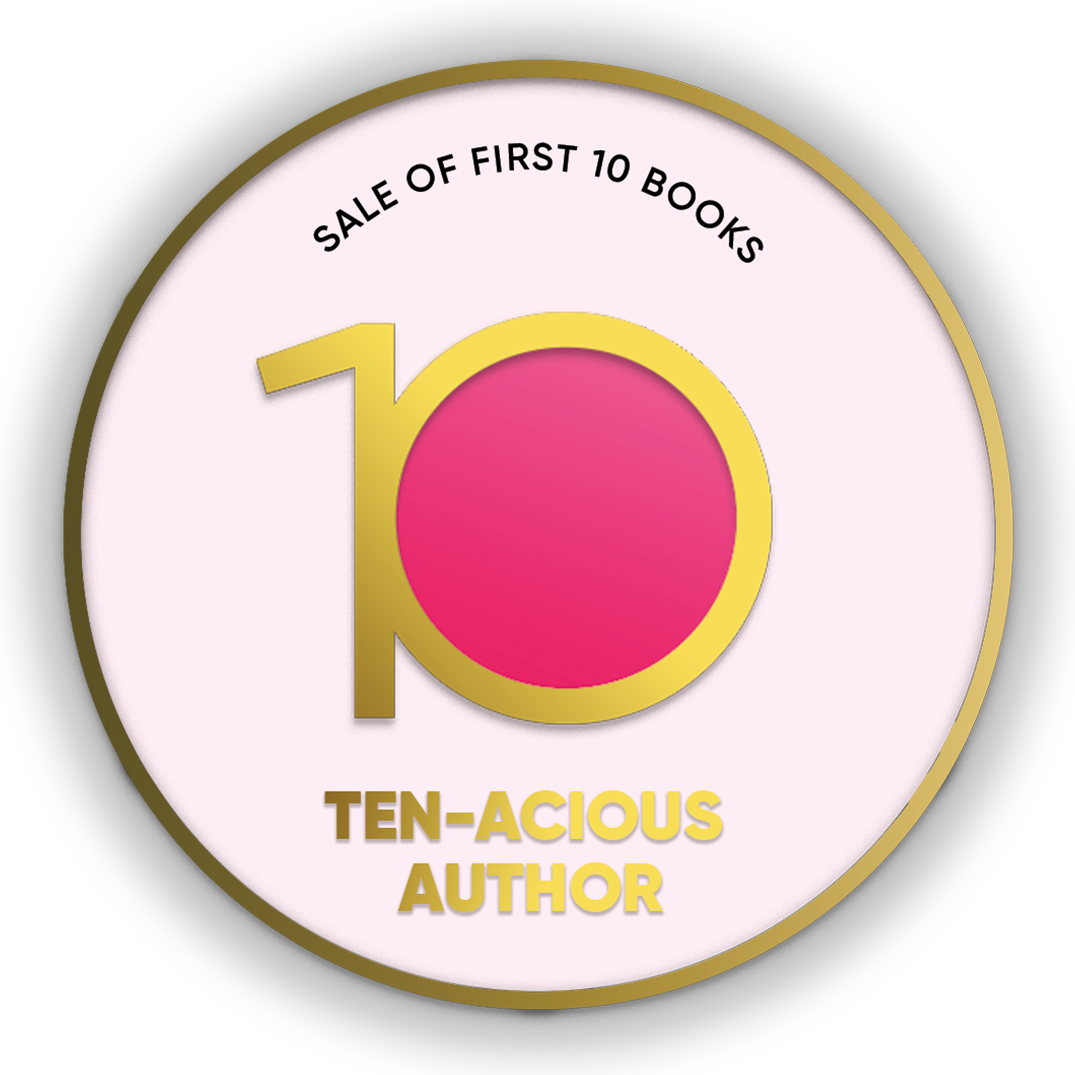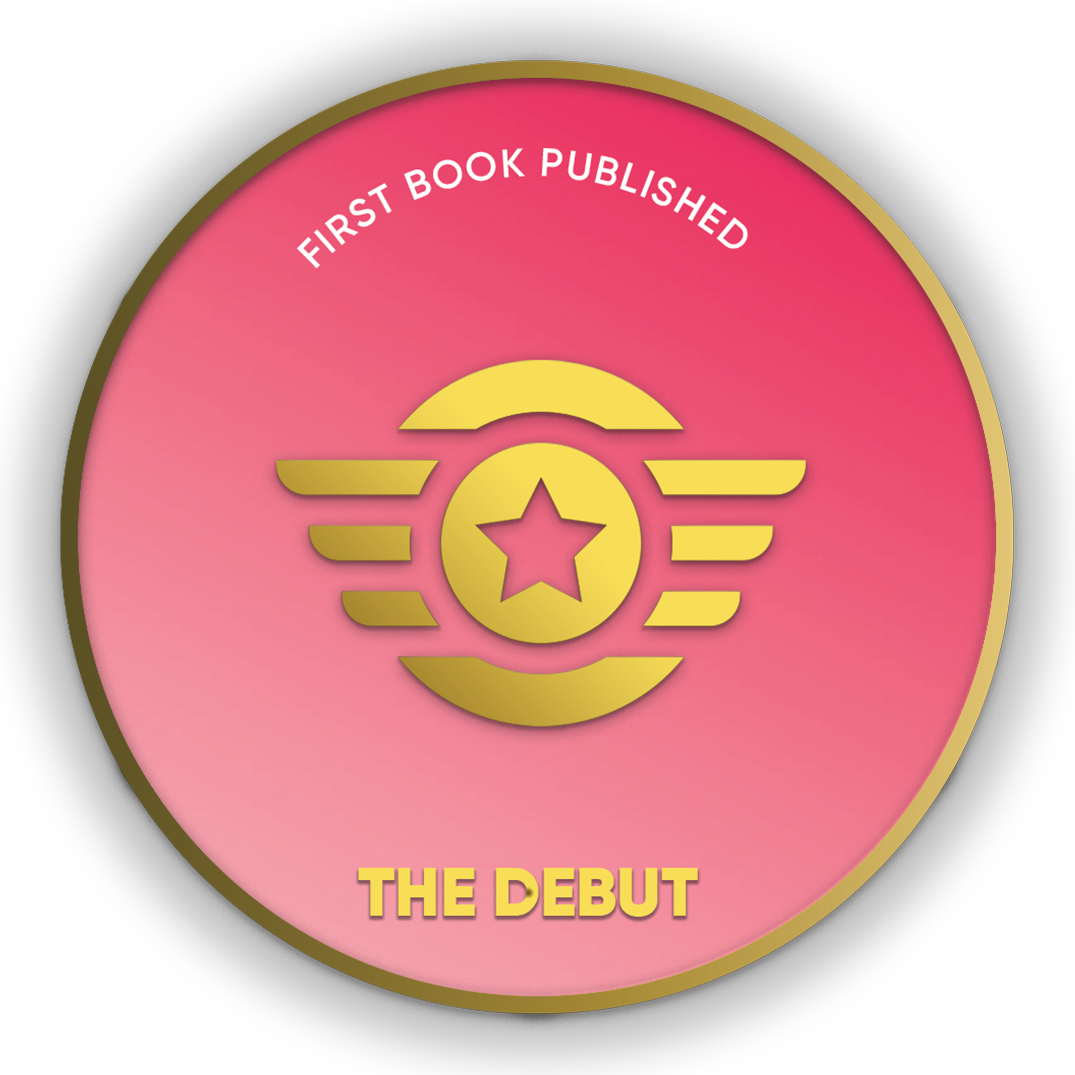
- Discover books
- For Writers
-
For Writers
-
Indie Author Championship
-
Challenges
Writing Contests
- Get Started

"It was a wonderful experience interacting with you and appreciate the way you have planned and executed the whole publication process within the agreed timelines.”
Subrat SaurabhAuthor of Kuch Woh Pal -
Crop your profile image

Vergal
Books by Lalitha Ganesan
Vergal is a contribution to the collective memory of people deeply rooted in the culture that formed them and how they coped with the changes in values and tradition over time. In this memoir, Lalitha Ganesan, the author, vividly describes her childhood as part of the loving extended families of both her parents in rural Tamil Nadu and Kerala. Religious tradition and ritual were a central part of daily life with puja, stories from the epics
Vergal is a contribution to the collective memory of people deeply rooted in the culture that formed them and how they coped with the changes in values and tradition over time. In this memoir, Lalitha Ganesan, the author, vividly describes her childhood as part of the loving extended families of both her parents in rural Tamil Nadu and Kerala. Religious tradition and ritual were a central part of daily life with puja, stories from the epics, and music. The families gathered for pilgrimages, marriages, and festivals. Lalitha describes her love of learning which her uncle and maternal grandfather encouraged, but family tradition did not — her maternal grandmother was married at nine, and her mother and an elder cousin at seventeen. But, Lalitha persisted and excelled and became the first woman in her family to attend college. She continued her education and became a professor of mathematics in a Mumbai college. She portrays many of the family members with their gifts and foibles in charming anecdotes and captures the slow farming life in her ancestral town, where nature was respected and conserved. She fears for the disconnection with these roots by the fast-paced, consumer society that is replacing them.
Vergal invites the reader to partake in the author’s past and present, to understand not just her personal experience, but also that of modern Indian culture.
Dr. Rosemarie Heinegg, New York State Education Department

Are you sure you want to close this?
You might lose all unsaved changes.
Select from one of our global stores to continue
 India
India
 Malaysia
Malaysia
 Singapore
Singapore
 UAE
UAE
Warning Message
The items in your Cart will be deleted, click ok to proceed.











